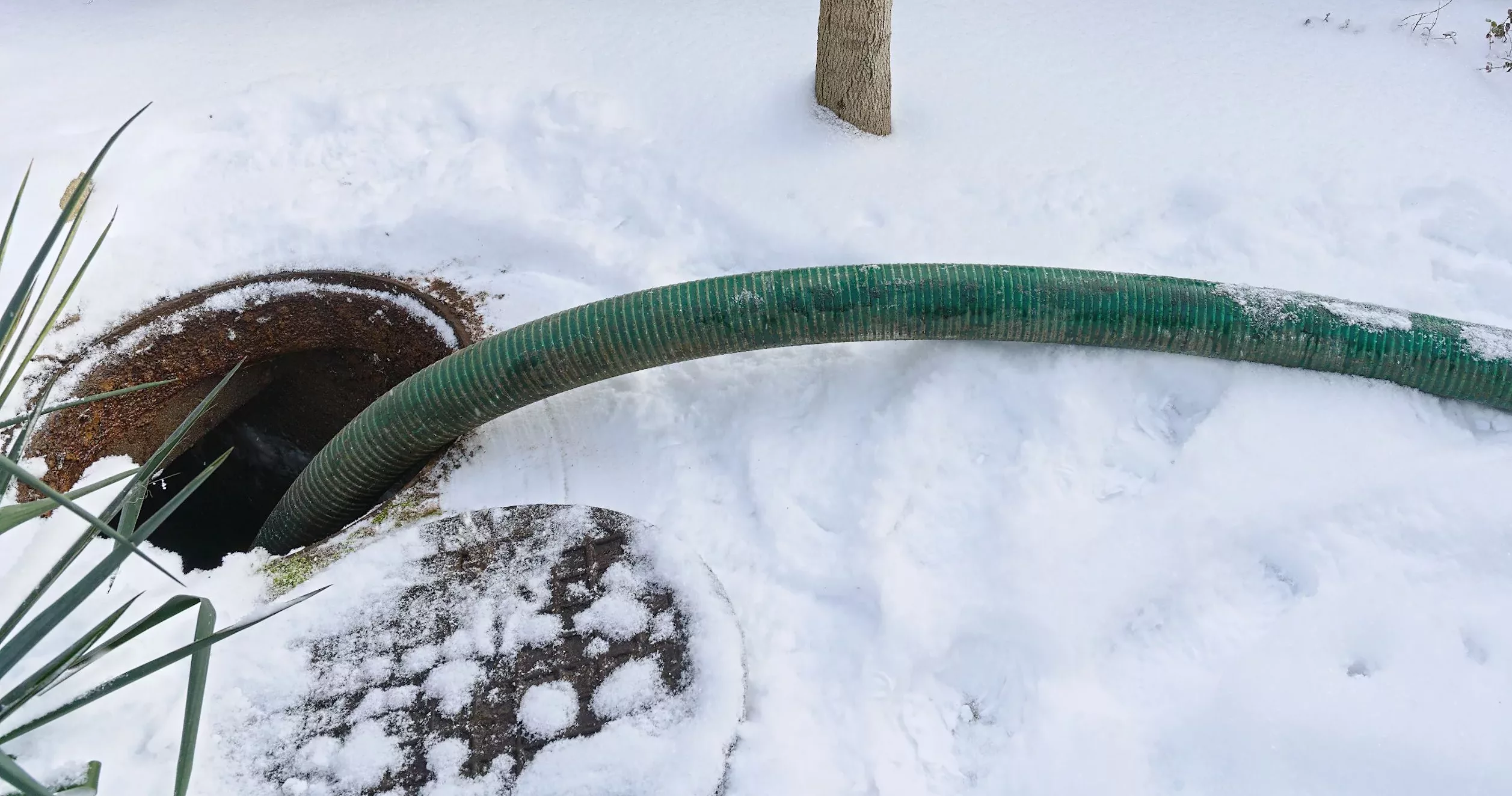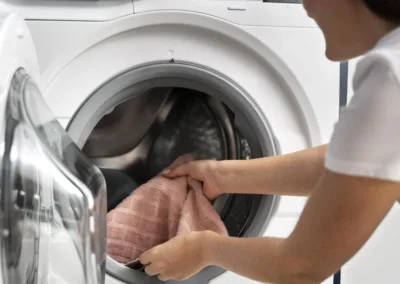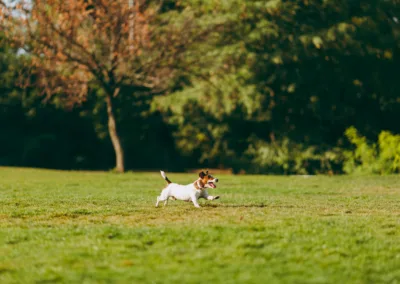
How Cold Weather Affects Your Septic System
In the chilly grip of winter, your septic system faces several challenges. As temperatures plummet, if it gets cold enough, the liquid within the septic tank will freeze, causing a dangerous buildup of solid waste that disrupts the natural treatment process. Moreover, cold weather has a slowing effect on the biological processes responsible for breaking down waste within the septic tank, as the essential bacteria become less active in these frigid conditions, significantly diminishing the system’s effectiveness. Frozen ground can further compound the issue, causing soil compaction and minimizing the drain field’s ability to absorb treated wastewater, potentially resulting in distressing backups and overflows. Additionally, the risk of pipe damage increases, as water freezing inside septic pipes can lead to cracks or bursts, leading to expensive and inconvenient repairs.
Preparing Your Septic System for Winter
Despite the threats cold weather brings to your septic system, there are ways you can prepare and minimize any potential damage. We’ve compiled a list of 7 simple steps you should take to protect your septic system when temperatures start to drop to save yourself from the hassles of a malfunctioning system.
1. Schedule a Professional Inspection
Before winter arrives, have a professional septic service provider inspect your system. They can identify any issues and make necessary repairs.
2. Pump the Tank
Regular septic tank pumping is essential. Consider having your tank pumped before winter to reduce the risk of freezing and backups.
3. Insulate Your Tank and Pipes
Insulation can help prevent freezing. Wrap the septic tank and exposed pipes with insulation materials designed for cold weather.
4. Divert Water Away
Ensure that water from gutters and downspouts does not flow directly over your septic system area. Redirect it away from the drain field to prevent oversaturation and freezing.
5. Minimize Water Usage
During winter, use water sparingly. This will reduce the amount of wastewater entering the septic system and help prevent freezing.
6. Install a Septic Tank Heater
In extreme cold conditions, consider installing a septic tank heater. These electric or gas-powered devices can help keep the tank’s contents above freezing.
7. Add Bacteria Additives
Use septic-safe bacteria additives regularly to maintain healthy bacterial activity in your septic system, even during colder months. A great, effective treatment option is HOTROD Septic Solution. With more biologicals and enzymes than competitors, this product really works, and it will keep your septic tank’s ecosystem healthy and thriving, even through the chilly winter months.
Being Proactive Is Key
Your septic system is a critical part of your home’s infrastructure, and it requires attention, especially during the winter months. Cold weather can significantly impact its functionality and the biology responsible for waste breakdown. By taking proactive steps to prepare your septic system for winter, you can ensure its proper operation and avoid costly repairs or backups when you need it the most. So, bundle up your septic system, keep it warm, and enjoy a worry-free winter.


